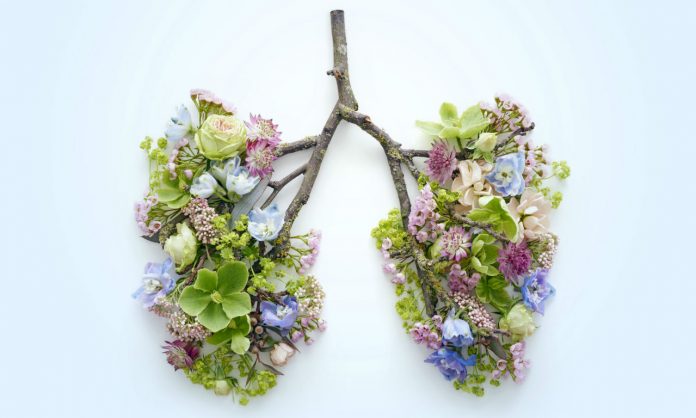Experts are urging allergic rhinitis (hay fever) sufferers to seek the help of pharmacists, following a recent poll showing hay fever to be the most common allergic disorder in Australia; causing more than a simple case of the sniffles, impacting work, relationships and general wellbeing. While most sufferers believe their condition to be untreatable, in most cases increased pharmacist intervention could provide significant relief.
The poll, conducted by Mylan Health, revealed the extent to which hay fever impacts sufferers.
‘Results reveal that nine out of ten (93%) moderate-to-severe allergic rhinitis sufferers are struggling to get a good night’s sleep due to their symptoms and half (49%) are exhausted all the time,’ they said in a statement. ‘This is not surprising considering one-third (30%) wake up because they cannot breathe from congestion, more than one-third (41%) wake up to blow their nose, and one in five (19%) experience asthma flare-ups.’
They also found that the allergy can have an impact on sufferers’ professional and personal lives.
‘Over half (53%) of moderate-to-severe sufferers with a partner say it has impacted their relationship, and one-third (37%) have taken up to nine days sick leave over the past year as a result of the condition,’ researchers said.
This, researchers noted, can be profoundly problematic given that it is most likely to peak between 25-44 years of age and occurs between 15-54, which is often a ‘prime time for career and family life’.
Despite the high level of discomfort that allergic rhinitis brings, the poll found that one in five sufferers are resigned to the fact that they will always have symptoms, an assumption disputed by Sinthia Bosnic-Anticevich, a Principal Research Fellow at the University of Sydney who was one of the experts who analysed the findings of the survey.
Professor Sinthia Bosnic-Anticevich told Australian Pharmacist, ‘One of the greatest challenges with allergic rhinitis is that patients have often had it for a long time.
‘They’ve often tried different things themselves.
‘They often have their own idea of what’s going to work, maybe something they’ve tried before, but it may not be something that’s giving them complete symptom relief.
‘The condition is considered by a lot of people to be trivial and not necessarily something they even need to ask the pharmacist about.
‘That’s really where the issues come in.’
Professor Bosnic-Anticevich, who is also a pharmacist, said that there are ways pharmacists can help to combat this.
‘One very obvious way of doing it is just by approaching the individual and talking to them about their symptoms, and the extent of their symptoms, when they experience them and what they’ve tried and how effective it is,’ she said.
She also pointed to electronic tools, such as the Allergy Diary app.
‘It’s really good because it literally asks the patient to say – how bothersome are your symptoms? And the patient has to indicate on a scale. That’s a really good question for the person to actually reflect on.’
‘Ultimately, the act of being proactive with patients could bring significant relief.
‘Just because they’re not coming up and approaching us doesn’t mean that they’re living symptom free, and that’s really the starting point of the whole conversation,’ she said.



 Professor Margie Danchin[/caption]
Professor Margie Danchin[/caption]

 Dr Peter Tenni[/caption]
Dr Peter Tenni[/caption]
 How should we deprescribe gabapentinoids, according to the Maudsley Deprescribing Guidelines[/caption]
How should we deprescribe gabapentinoids, according to the Maudsley Deprescribing Guidelines[/caption]



 Pharmacists have always prescribed, but they have the potential to prescribe much more
Pharmacists have always prescribed, but they have the potential to prescribe much more




